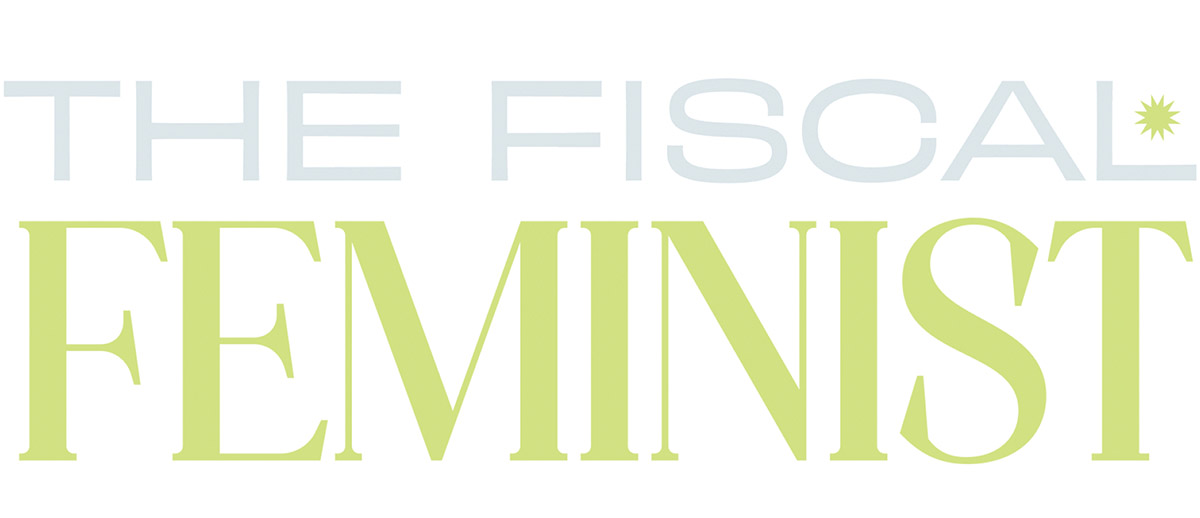Don’t think of it as saving!!!
Saving does not mean NOT spending on anything; it means prioritizing your financial goals and making saving a top goal. Stop living in denial and thinking you will start saving one day when all the stars line up –you must put a plan in place now and get serious!
There is no time like the present. Otherwise, time will pass, and you will continue not to save and fall farther and farther behind. This is important!
Start at ground zero and determine your budget. You can track your spending by looking at your debits in your bank account and charges on your credit card statements for the past few months.
Determine:
- What do you spend on necessities (housing, utilities, food)?
- What do you spend on non-necessities, i.e., things you want but don’t necessarily need (clothes, shoes, make-up, entertainment, hobbies, vacations, fun)?
- How much debt do you have on credit cards that needs to be paid off?
Paying down credit card debt is the first order of business.
- Start with a goal of reducing your credit card debt by just $1,000. That $1,000 debt reduction will save you probably at least $200 per year in interest, and much more if you’re paying penalty rates of 20-30 percent.
Nerd Wallet suggests a 50/30/20 budget, which makes good sense to me. You devote 50% of income to necessities, 30% to discretionary items and 20% to paying down debt or savings.
Establish Emergency Fund.
- Once you have paid off lingering credit card debt, then you can start saving to establish your 3-6 months emergency fund. An emergency fund is essentially a cash fund that will cover up to 6 months of expenses in the event you have no incoming cash flow due to job loss, illness, or any other unforeseen circumstances.
- Once the emergency fund is funded, you can start saving and investing.
Change your mindset! Saving is FUN!!
- Don’t think of saving money as a punishment! Don’t just spend less, save with enthusiasm – get excited about what you are saving for, whether it is retirement, educational expenses, or your emergency fund. You will feel so together when you are financially moving in the right direction! A saving high!!!
Try some of these daily, weekly, and monthly money savings tips:
- Pay off credit cards in full each month. The miles, points, and cash-back, are only valuable if you’re not falling into debt or paying interest.
- Automate your savings. Set up an automated amount of money to be transferred to your savings account every week or month, or per paycheck. This way you don’t have to do anything, the money is automatically transferred. I do this, and it works like a charm!
- Start with small short-term goals. Better to start with an achievable goal, such as $20 per week, than setting a goal you will find difficult to maintain such as $500 per month because it is too egregious. Get used to saving and feeling the benefits thereof. Once you reach your short-term goal, and you enjoy seeing your bank account grow, you can set a new goal.
- Budget with cash and envelopes. I know this sounds a bit crazy, but it has worked for me! If you have issues with overspending and control, use the envelope budget system where you use a set amount of cash for a particular period (e.g., a week or a month), and once you spend the cash, it’s gone, and that’s it – you are done spending for that period.
- The basic idea is to pay for as much as possible with cash and store that cash in separate envelopes for different budget categories. It’s a great way to easily visualize how much money you have left, and some people find that paying for everything with a dwindling stack of cash rather than a card helps control spending.
- Pay your bills with Auto-Pay. This will ensure that you pay your bills in a timely manner, and you do not incur late charges and penalties.
- Implement the 24-Hour Rule. Do not buy discretionary items (large and small) impulsively and then suffer buyer’s remorse! Have a self-imposed 24-hour rule and wait 24 hours before you pull the trigger and buy the item(s). Good for online shopping too…which is a very easy venue on which to be impulsive.
- The Quid pro Quo. Every time you treat yourself to a nonessential (discretionary) purchase, put the same amount in your savings account simultaneously. Whether you buy a latte or a pair of shoes, put the same amount in your savings account. Remember small, seemingly insignificant contributions to savings add up!!
- Calculate – the purchase cost of the item by how many hours of work it will take for you to complete to pay for that purchase. Divide the cost of the item by your hourly wage. Reality check! Is that handbag worth 10 hours of work???
- Unsubscribe!!! You know the stores that you like the most, so unsubscribe to their marketing emails to avoid temptation. Opt out!
- Check your credit report quarterly. You can use free credit services such as Credit Karma to monitor your credit score and check for inaccuracies. Credit scores are used by loan providers (auto finance companies, mortgage lenders, etc.), landlords and scores of others. A low credit score will cost you money in higher interest rates.
- Make a grocery shopping list. Save money on groceries by making a list of the items you actually need, instead of wandering around the grocery store buying random items because you are hungry or just want to buy something.
- Gently reduce your dining out budget. Commit to a certain number of times per month that you will dine out and stick to it. Don’t totally sacrifice your lifestyle because you need to live and enjoy life but don’t dine out with reckless abandon. Also, try to limit alcohol consumption because alcohol costs more than the food!
- Evaluate quarterly your monthly bills. Every quarter review your electric bill, cable bill, and phone bill to determine if you can save money on those bills or are in the optimal, most cost-effective plan. I do this religiously, and often I get a better plan that saves money after my review!
- Plan and budget in advance for vacations. Budget planning for extraordinary expenses such as a vacation should be included in your annual budget and never organized on a whim. Allot a certain amount of money for the vacation, save for it, and enjoy the vacation without worrying about the bills you will have to pay upon your return home.
- Plan a gift giving budget. Give yourself plenty of time to plan for giving gifts. Set spending limits – expensive doesn’t always mean thoughtful! Look for sales, and do your best to plan out all the family and friends’ gift purchases annually so you can set an annual gift expense budget.
- Establish a monthly entertainment budget. Whether you like the cinema, the theatre, concerts, or extreme sports, set up an affordable, sensible monthly budget for these discretionary expenditures so you can have some fun while you are saving!
- If you get a tax refund or a windfall – SAVE IT!! Every time you receive a refund, bonus or windfall, save a portion of it before you start spending it all.
- Start saving for retirement as early as you possibly can! Although retirement may seem a long way off, it is never too early to start saving for it! Before you know it (take it from me), you are older than you think, and retirement is looming large. Retirement savings will compound and grow over your lifetime, which will ensure that you can live in dignity in your old age. If you start late with this, the consequences may be dire indeed. Living expenses in retirement will be greater than you think, and your compounding savings need to grow to accommodate the effects of inflation over time. Living solely on social security payments in retirement will be very difficult.
- Max out on 401(k) contributions if you have a company 401(k) plan. Take advantage of your employer match if you have one.
- Contribute to a Roth IRA or Traditional IRA if you don’t have a 401(k) plan.
These are just a few tips to get you started. Once you start seeing your savings account grow, you will be motivated to do more. Give it a chance! Saving is FUN!!!
By Kimberlee Davis, J.D., CDFA®
Kimberlee Davis is a Partner and Managing Director in The Bahnsen Group, a wealth management practice with offices in Newport Beach, California and New York City. She is also a Certified Divorce Financial Analyst.




